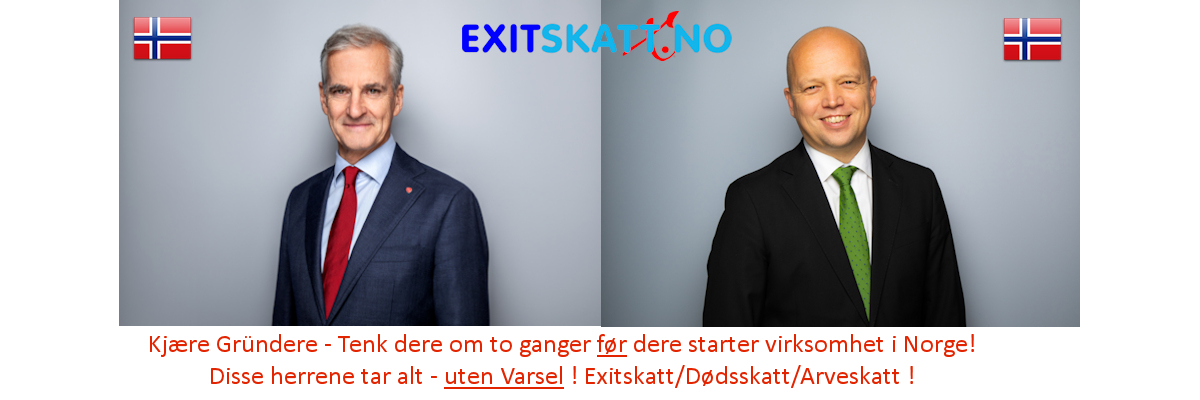With global electric vehicle (EV) sales on the rise, countries like Canada are seeing a significant shift towards zero-emission vehicles. However, the reliance of EVs on the electric grid raises questions about their effectiveness in emergency situations.
In this presentation, Mohammad Babaei, a Master’s student focusing on future transportation energy systems and their resilience during disasters, explores evacuations using EVs, the role these vehicles can play in emergencies, and the impact of user decisions on the wider grid. This talk highlights the current trends in EV adoption, legal measures being taken by countries like Norway and Canada to phase out internal combustion engine vehicles, and addresses the critical issue of how EVs, reliant on the same electric grid as homes and businesses, face significant challenges during power outages, particularly in disaster scenarios. Using real-world data, Mohammad discusses the implications of large-scale power outages by examining scenarios such as wildfires and hurricanes that necessitate mass evacuations.
Mohammad Babaei is a Master’s student in Transportation Engineering at the University of Alberta. His research focuses on future transportation energy systems and their resilience during disasters. With a background in civil engineering from the University of Tehran, Mohammad is dedicated to exploring innovative solutions to enhance the sustainability and reliability of transportation systems.
This online speaker series is presented in partnership with Future Energy Systems and the Edmonton Public Library. Energy Talks provides an opportunity for you to engage with researchers and learn more about their work.
Links:
Future Energy Systems: https://www.futureenergysystems.ca/
Future Energy Systems Learning Page: https://www.futureenergysystems.ca/learning
Facebook: https://www.facebook.com/futureenergysystems/
Twitter Handle: @ua_futureenergy
Instagram: @ua_futureenergysystems
Future Energy Systems is a $75 million research program at the University of Alberta, funded by the Canada First Research Excellence Fund. More than 130 researchers, 600 graduate students, post docs and other highly qualified personnel in nine faculties are studying the energy transition in over 90 different projects. Our researchers seek to develop energy technologies of the future, improve today’s energy technologies, and understand the transition between the two. We are also studying the effects of energy transition on society, the economy, and the environment.
The University of Alberta respectfully acknowledges that we are located on Treaty 6 territory, a traditional gathering place for diverse Indigenous peoples including the Cree, Blackfoot, Metis, Nakota Sioux, Iroquois, Dene, Ojibway/ Saulteaux/Anishinaabe, Inuit, and many others whose histories, languages, and cultures continue to influence our vibrant community.
Music: Deliberate Thought by Kevin MacLeod is licensed under a Creative Commons Attribution license (https://creativecommons.org/licenses/by/4.0/)
Source: http://incompetech.com/music/royalty-free/?keywords=deliberate+thought
Artist: http://incompetech.com/
In this presentation, Mohammad Babaei, a Master’s student focusing on future transportation energy systems and their resilience during disasters, explores evacuations using EVs, the role these vehicles can play in emergencies, and the impact of user decisions on the wider grid. This talk highlights the current trends in EV adoption, legal measures being taken by countries like Norway and Canada to phase out internal combustion engine vehicles, and addresses the critical issue of how EVs, reliant on the same electric grid as homes and businesses, face significant challenges during power outages, particularly in disaster scenarios. Using real-world data, Mohammad discusses the implications of large-scale power outages by examining scenarios such as wildfires and hurricanes that necessitate mass evacuations.
Mohammad Babaei is a Master’s student in Transportation Engineering at the University of Alberta. His research focuses on future transportation energy systems and their resilience during disasters. With a background in civil engineering from the University of Tehran, Mohammad is dedicated to exploring innovative solutions to enhance the sustainability and reliability of transportation systems.
This online speaker series is presented in partnership with Future Energy Systems and the Edmonton Public Library. Energy Talks provides an opportunity for you to engage with researchers and learn more about their work.
Links:
Future Energy Systems: https://www.futureenergysystems.ca/
Future Energy Systems Learning Page: https://www.futureenergysystems.ca/learning
Facebook: https://www.facebook.com/futureenergysystems/
Twitter Handle: @ua_futureenergy
Instagram: @ua_futureenergysystems
Future Energy Systems is a $75 million research program at the University of Alberta, funded by the Canada First Research Excellence Fund. More than 130 researchers, 600 graduate students, post docs and other highly qualified personnel in nine faculties are studying the energy transition in over 90 different projects. Our researchers seek to develop energy technologies of the future, improve today’s energy technologies, and understand the transition between the two. We are also studying the effects of energy transition on society, the economy, and the environment.
The University of Alberta respectfully acknowledges that we are located on Treaty 6 territory, a traditional gathering place for diverse Indigenous peoples including the Cree, Blackfoot, Metis, Nakota Sioux, Iroquois, Dene, Ojibway/ Saulteaux/Anishinaabe, Inuit, and many others whose histories, languages, and cultures continue to influence our vibrant community.
Music: Deliberate Thought by Kevin MacLeod is licensed under a Creative Commons Attribution license (https://creativecommons.org/licenses/by/4.0/)
Source: http://incompetech.com/music/royalty-free/?keywords=deliberate+thought
Artist: http://incompetech.com/
- Category
- ATLANTIC ROAD
Commenting disabled.














